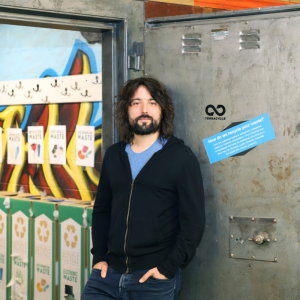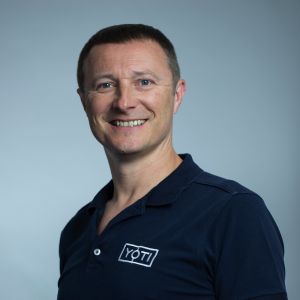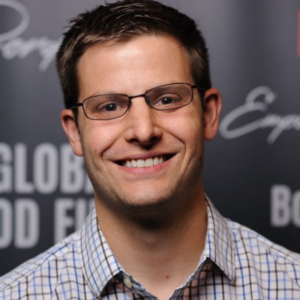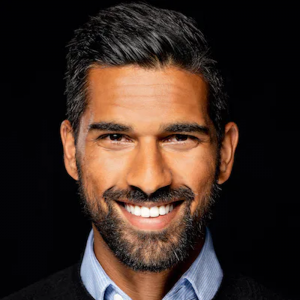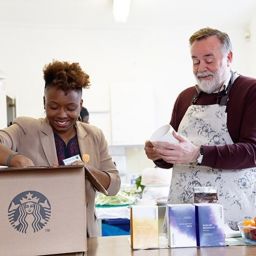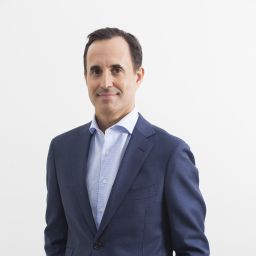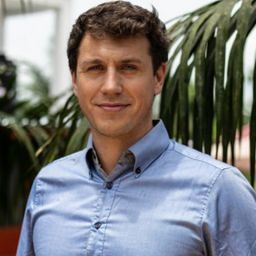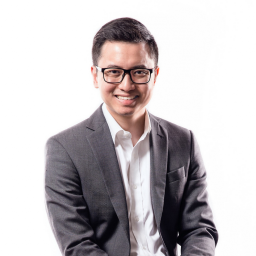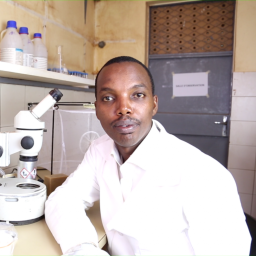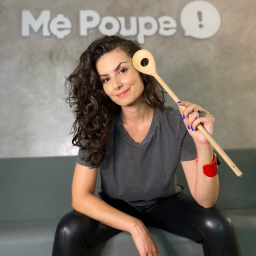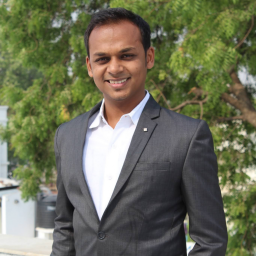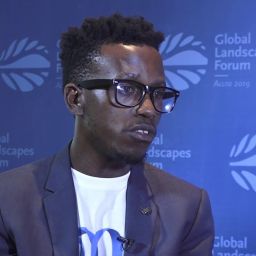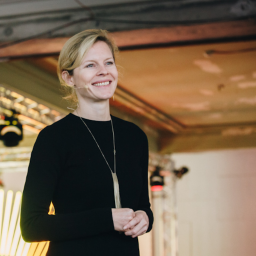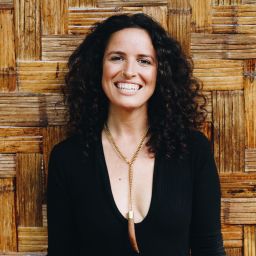Meaningful Business (MB): Can you tell us a bit about the issues you are trying to solve through your work and why you selected them? How are your programmes tackling those problems and what impact are you having?
Rose Hartley (RH): I love food, and I love people who grow and make the foods we eat. No one wants to waste food, and yet 38% of the food produced in the US goes unsold or uneaten. That’s about $473 billion worth of food, or roughly 1.8% of U.S. GDP. Food loss and waste generates 8-10% of annual global greenhouse gas (GHG) emissions: that’s almost 5x the emissions of the entire aviation sector!
I joined Imperfect Foods (acquired by Misfits Market in 2022) in 2018, because I wanted to be part of a solution to save food from waste and loss. At Misfits Market, our aim as an e-commerce grocer is to make it easy (and affordable) for customers anywhere in the US to save food from waste and loss, and help curb climate change, just by shopping with us. We do the heavy lifting of finding and procuring foods and ingredients that would otherwise go to loss, waste or lesser outcomes (like animal feed), or have other sustainability attributes. Customers can choose what they want to order, when they want to order, and we aim to maintain a full grocery assortment. Some examples of foods we sell that would otherwise have been wasted are broccoli leaves that would otherwise go unharvested (turns out they are delicious), packaged foods with labelling or printing errors, and broken pretzel pieces that we coat in chocolate as a sweet snack (turns out no one cares that they’re broken once they’re coated in chocolate!).
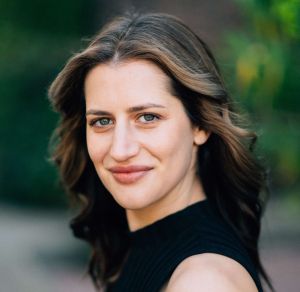
Rose Hartley, Head of Sustainability, Misfits Market
Another part of my role focuses on applying our mission to reduce food waste and build a better food system, to our own facilities and operation. Through our Zero Waste Initiative we work to make sure all the materials that come through the doors of our warehouses— whether that’s pallet wrap, cardboard boxes, foods that have gone bad en route, employee waste, etc— goes to it’s highest and best use, such as reuse, donation, recycling and compost. In November 2023, we received TRUE Zero Waste Gold certification for our Oregon fulfilment centre, and all our facilities are on track to achieve TRUE Zero Waste certification by the end of 2025. This means that 90-100% of the materials that come into our sites, and might typically be sent to landfill, we instead send to reuse, donation, recycling and compost.
MB: What is your biggest challenge right now and what support do you need?
RH: One challenge I’ve been thinking about is how to talk about food waste and loss in a way that is compelling (and appetising!) to our customers and our communities. Sharing that food waste and loss causes climate change only goes so far; how can we find new ways to talk about food waste without the negative associations of “waste”? The Upcycled Foods Association is one organisation that has done an incredible job in shifting the focus from “food waste” to “saved foods”, but we still have a long way to go. As an industry, I think we need a bit of a rebrand or refresh. I look at the progress that the clothing industry has made, and how popular second hand shopping has become (side note: it was definitely not popular when I was a kid and my mom made me do it!); how can we learn from their success?
Part of this comes not only from the language we use, but from the value we assign things that might today be considered “unworthy” by consumers. I get excited thinking about how we can account for, recognise and add back value (economically, culturally) to foods that are currently left in the field or wasted later on in lifecycle/journey.
MB: How do you work with partners and the wider ecosystem to achieve your mission?
RH: Partners are everything! Finding the right partners, and investing in those relationships has been one of the best experiences in my career and time with Imperfect Foods and Misfits Market. I’ve been lucky to have been part of partnerships through which not only are our partners’ needs met and our needs met, but we have found that together we are able to achieve a higher purpose that neither party could achieve alone. One example of this is our partnership with Dispatch Goods and Bold Reuse, who facilitate much of our Packaging Return Programme, through which we have overall collected over 10M+ lbs of plastic packaging from our customers (at no cost to them) for reuse and recycling. These partners sanitise our customers’ gel packs before the gel packs are sent back to us to be re-frozen and re-packed into our orders. We could never have launched such a unique programme (we are the only nationwide grocer that offers a free Packaging Return Programme) without them. You can learn more about our work with Dispatch Goods here, and our work with Bold Reuse here.
MB: How do you measure success?
RH: For any impact professional, it’s important to design impact goals that are material to your business and stakeholders, and are reviewed and tracked at a similar cadence to your financial and business objectives. We have sustainability-focused OKRs at a company level around foods saved from waste and lesser outcomes on a per-order basis, and goals around our Zero Waste Initiative and several other sustainability-focused initiatives.
Though harder to measure, my favourite kind of success comes when I have helped others succeed through my success; or vice versa, when others have lifted me up along with them. It ties back to the idea of partnership for a higher purpose, or the idea that “a rising tide lifts all boats”.
————-
Quickfire questions:
MB: Tell us a mistake you’ve learned from
RH: A mistake I’ve made many times is not leaving careful instructions for myself when I have to pivot midway through a project to focus on other priorities. When I return to the project, I’m always grateful if I have left myself instructions on what’s been done and what needs to happen next.
MB: How do you spend your time away from work?
RH: Outside of my role at Misfits Market, I serve on the board of several impact-driven companies and non-profits. Outside of my career, I like to cook, craft, go on runs or walks in the parks of San Francisco, and spend time with my friends and family (I have my Mom over for dinner every Tuesday night).
MB: What’s the best piece of advice you’ve ever received?
RH: To quote Maya Angelou, “At the end of the day people won’t remember what you said or did, they will remember how you made them feel.” This is something I’ve had modelled for me by my family and by some of my favourite managers: how you make those around you feel is one of the true measures of success in this life.
As someone fascinated by behavioural psychology, I also think a lot about the importance of prioritising consistency over motivation in achieving your goals and living your values.
MB: What is something you wish you were better at?
RH: I have a tendency to over-explain or contextualise things. I’d like to get better at being succinct and complete in my communication. It’s hard!
MB: What is the one book everyone should read?
RH: Since this is a MB100 conversation: Project Drawdown! There is a free digital resource as well, Climate Solutions 101, which is an excellent overview of not only the current state of the climate crisis, but how we can curb climate change and build a better future, too.
________


